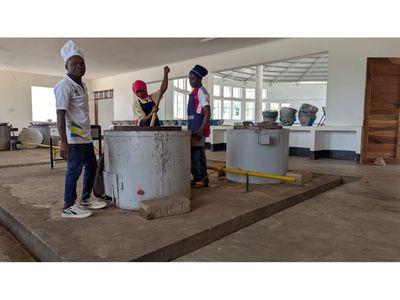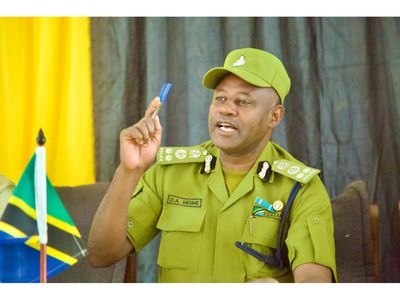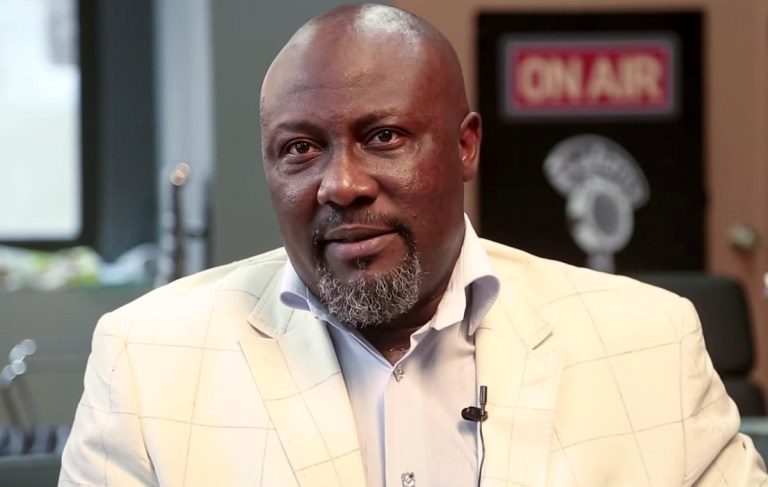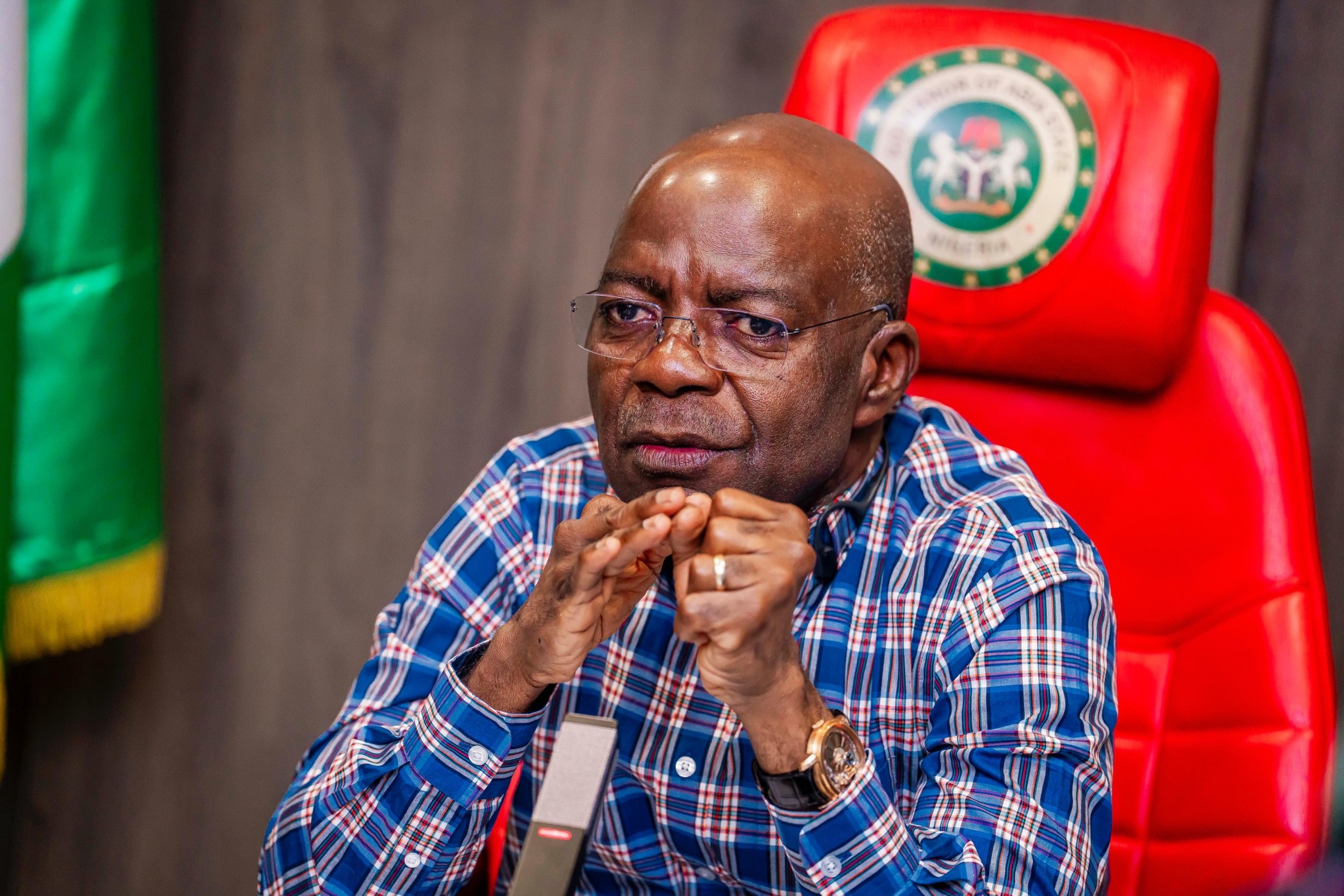The National Chairman of the National Democratic Congress (NDC), Johnson Asiedu Nketiah, has rejected calls for the declaration of a state of emergency in the fight against illegal mining, cautioning that such a move could endanger Ghana’s democracy.
Speaking on Channel One TV’s Face to Face, yesterday Tuesday, August 26, he acknowledged that illegal mining remains a pressing national crisis but warned that suspending constitutional rule in the name of addressing it would create more problems than solutions.
“Work is being done about the galamsey fight, and we hope to be able to find solutions to it. But I don’t subscribe to the declaration of the state of emergency as other people are suggesting. In your frustration, you can call for certain measures that, when we begin implementing, you may live to regret,” he cautioned.
Mr Nketiah, argued that many of those calling for such drastic action may not fully understand the consequences of emergency rule.
“If you intend to deal with galamsey and you declare a state of emergency, it means you have suspended the constitution. People can shoot and kill at will. How will you be sure that those who are shooting and killing are the ones fighting galamsey? That is another matter,” he noted.
He urged the public to focus on proposing constructive and sustainable solutions, stressing that the fight against illegal mining requires broad-based reforms rooted in the rule of law.
He, however, maintains that the path forward must be rooted in the rule of law and consensus-driven reforms rather than extraordinary measures that could undermine Ghana’s democracy.
The NDC National Chairman, also dismissed claims that the current government is seeking to remove suspended Chief Justice Gertrude Torkornoo from office, stressing that the executive arm of government, has taken no steps to oust the suspended Chief Justice and is instead focused on fulfilling its constitutional duties.
“The executive has done nothing about the removal of the Chief Justice,” he stated.
“If anything at all, the executive is undertaking their responsibilities as far as upholding the constitution is concerned. So, the executive, to my mind, has not done anything by itself to try and remove the Chief Justice.”
His comments come amid growing public debate over perceived tensions between the judiciary and other arms of government.
Some critics, have suggested that recent actions or statements from political actors amount to an attack on judicial independence—a claim Mr Nketiah, firmly rejected.
“Judiciary is not under attack. There is a reform of state institutions,” he explained. “So if there is a problem with the judiciary, the judiciary has to be reformed to undertake its constitutional duties.”
Mr Asiedu Nketiah, underscored the importance of institutional reform as a means of strengthening democracy, emphasizing that all arms of government must function effectively within their constitutional mandates.
On April 22, 2025, President John Dramani Mahama, suspended Chief Justice Gertrude Torkornoo from office, following the establishment of a prima facie case based on three undisclosed petitions alleging misconduct and incompetence.
Under Article 146(6) of Ghana’s 1992 Constitution, the president, after consulting the Council of State, may suspend a Supreme Court justice if a prima facie case is established and appoint a committee to investigate. President Mahama did exactly that—forming a five-member inquiry panel chaired by Justice Gabriel Scott Pwamang, with other members including Justice Samuel Adibu-Asiedu, former Auditor-General Daniel Yaw Domelevo, Major Flora Bazaanura Dalugo, and Professor James Sefah-Dzisah.
Justice Paul Baffoe-Bonnie, the most senior Supreme Court judge, was appointed acting Chief Justice during the investigation process.
The suspension sent shockwaves through Ghana’s legal community. The Ghana Bar Association (GBA) condemned the action as unconstitutional, arguing that the president did not publish any Constitutional Instrument or regulations to justify the exercise of discretionary power, as required under Article 296 of the Constitution.
Similarly, the Centre for Democratic Movement (CDM) denounced the decision as a breach of constitutional norms and judicial independence. CDM challenged the impartiality of the inquiry, citing the committee’s composition as politically skewed and lacking transparency, thereby undermining due process.
Chief Justice Torkornoo, has publicly defended herself, characterising the suspension and removal proceedings as “arbitrary,” “cruel,” and unconstitutional. She has refused to resign, emphasising that doing so would amount to submitting to a flawed process and forfeiting her right to defend herself.
The NPP (New Patriotic Party) echoed these concerns, condemning the suspension as unconstitutional and warning that it jeopardised Ghana’s democratic integrity.
The post NDC Chairman defends Rule of Law amid galamsey, Judiciary tensions appeared first on The Herald ghana.




